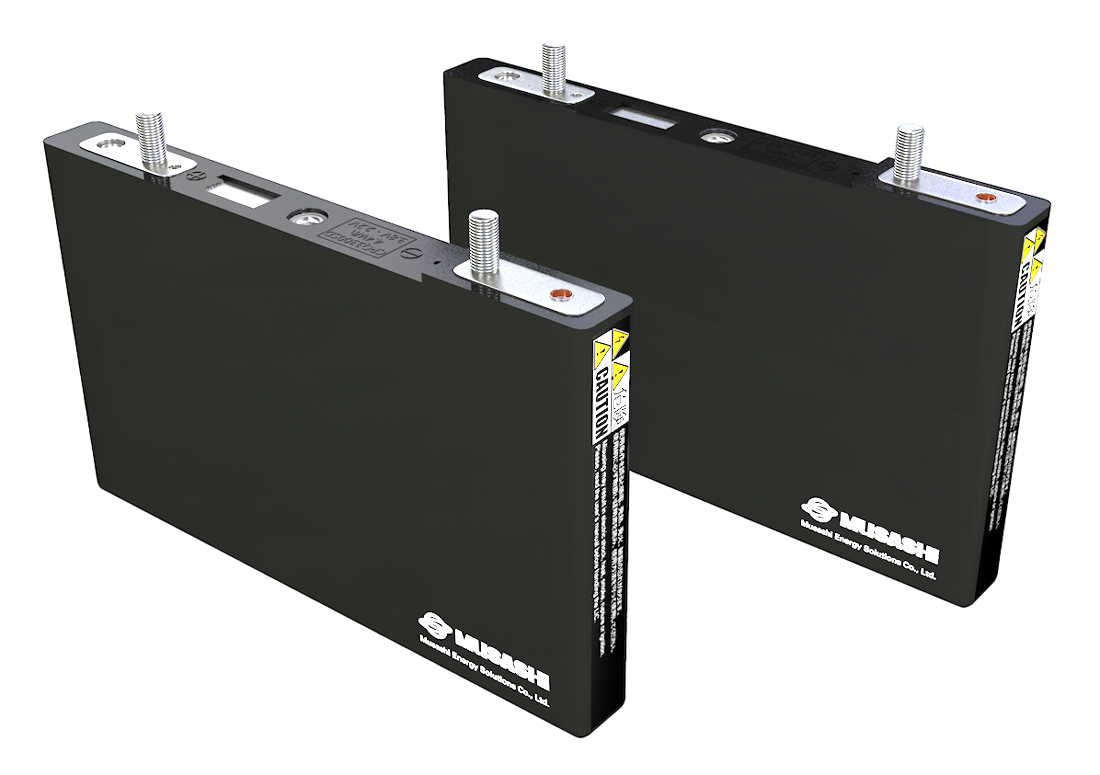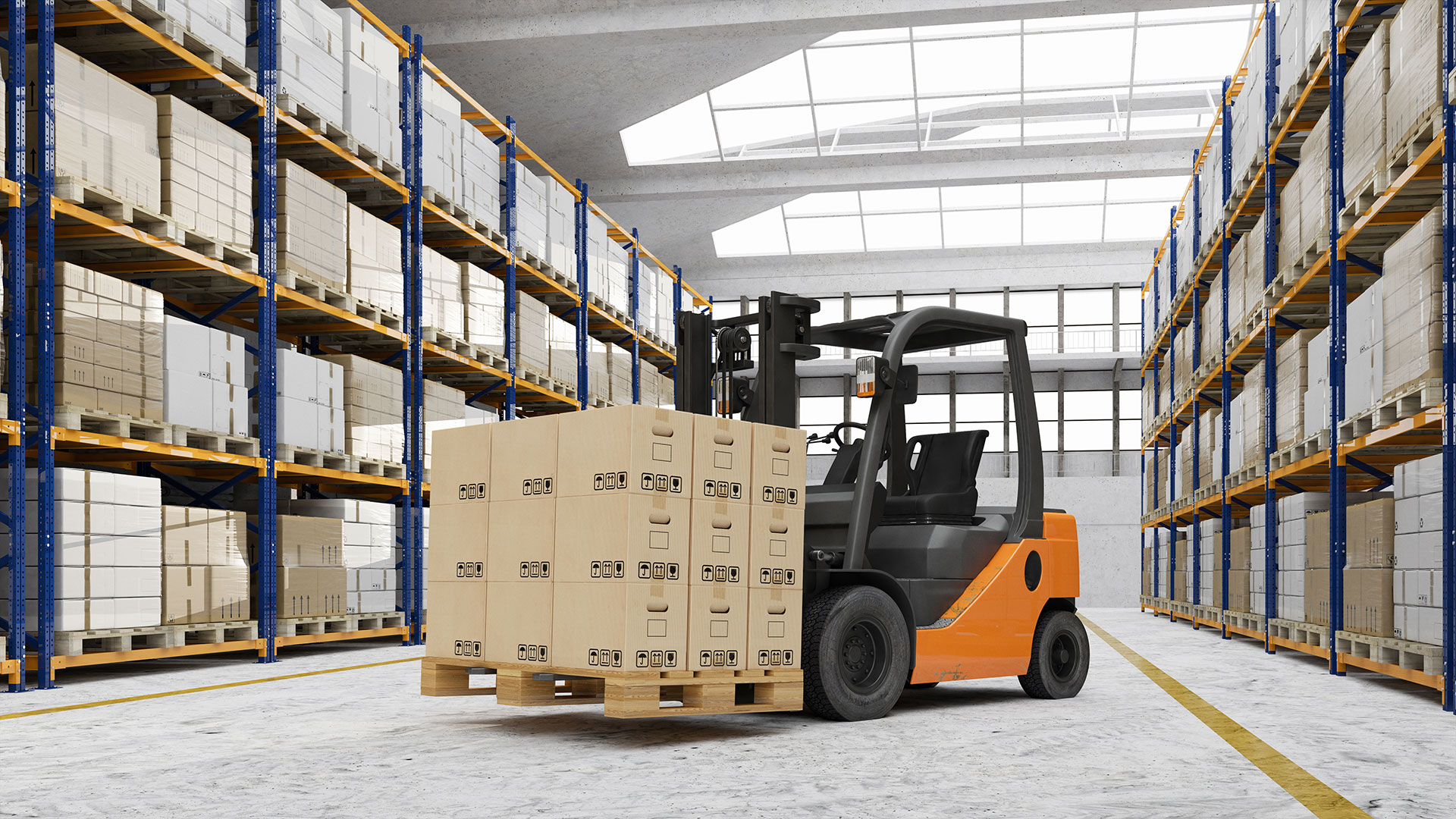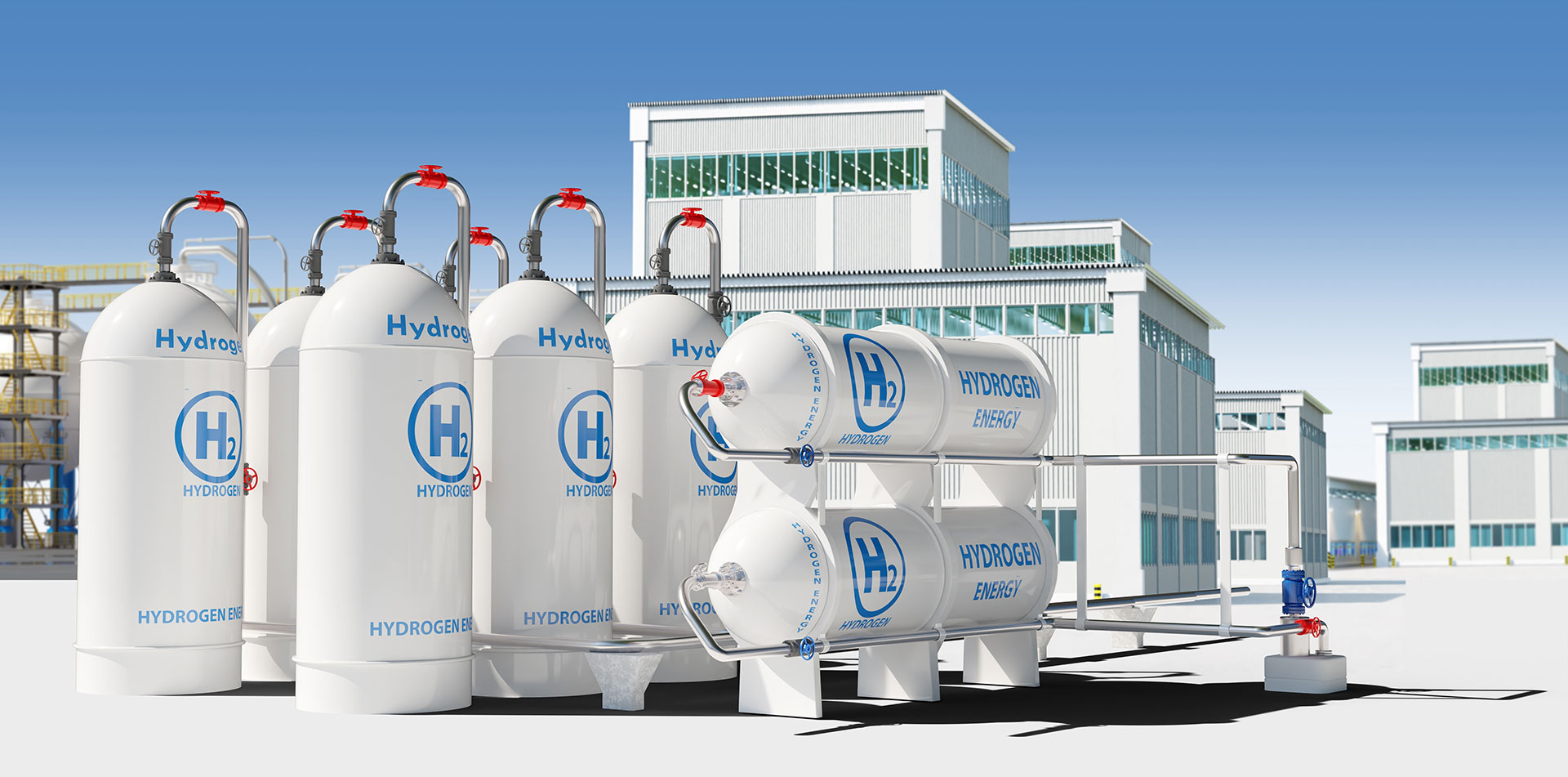Amid the global pursuit of net zero emission goals, the shift from gasoline and diesel-powered vehicles to eco-friendly options is swiftly advancing. Yet, concerns persist over the strain on resources caused by relying solely on lithium-ion batteries (LIBs), which dominate electric vehicles. Additionally, all-battery electric vehicles (BEVs) face challenges like extended charging times.
Enter fuel cell vehicles (FCVs), a promising contender. FCVs generate electricity from hydrogen and oxygen, propelling without extensive batteries or gasoline, emitting zero carbon dioxide due to their engineless design.
Despite their benefits, FCVs have limitations, such as regenerative energy hurdles and slow load response. Integrating Musashi’s patented Hybrid SuperCacacitors (HSCs) offers a simple solution. Our advanced energy storage devices can enhance FCVs by rapidly storing and discharging energy, enabling quicker responses and efficient regenerative energy capture. The combination of fuel cell technology and our HSCs can unlock improved performance and address FCV limitations.
Our high power density HSC cells and modules are also ideal for material handling and stationary power. The unique combination of fast charging, high power density, long cycle life, and efficiency make our HSCs a valuable energy storage solution, enhancing overall performance, responsiveness and sustainability.


Integrating our HSCs into fuel cell vehicles (FCVs) offers numerous advantages that enhance their overall performance and efficiency. The rapid charge and discharge capabilities of our cells and modules provide a dynamic solution to address some of the limitations inherent in FCVs. By storing and releasing energy quickly, our energy modules enable enhanced regenerative braking, capturing and utilizing energy that would otherwise be dissipated during braking. This not only improves energy efficiency but also contributes to the prolonged life of the fuel cell stack.
Moreover, the high power density of HSCs aligns seamlessly with the power demands of FCVs, particularly during moments of rapid acceleration or heavy load fluctuations. This synergy ensures instant power availability, optimizing the vehicle’s responsiveness and performance. Additionally, our HSCs facilitate smoother power delivery to the electric motor, mitigating the sluggish response associated with FCVs during load fluctuations.
Our HSCs also address one of the challenges FCVs encounter— acceleration. By working in tandem with the fuel cell stack, our Hybrid SuperCapacitors provide the instantaneous burst of power needed for swift acceleration, creating a harmonious fusion of fuel cell and electric vehicle technologies.

Material handling equipment, which includes a wide range of machinery used for the movement, storage, and transportation of goods in industries such as manufacturing, logistics, and warehousing, can greatly benefit from the integration of our Hybrid SuperCapacitors (HSCs).
Fuel Cell forklifts for example, experience sudden peak power demands, such as lifting heavy loads. Musashi’s HSCs provide quick bursts of energy to meet these peak demands, effectively assisting the main power source in delivering the required power.
This reduces the stress on the main power system, extends the forklift’s lifespan and saves time and money.
Due to the high current capabilities of our cells and modules, they can be charged and discharged very quickly, allowing for shorter charging times and reduced downtime for equipment, which is crucial in demanding industrial settings.
Our HSCs can endure numerous charge and discharge cycles without significant degradation for up to 1 million full discharge/recharge cycles. By suppressing fluctuations in the output of the fuel cell, deterioration of the fuel cell can be reduced, and since our HSCs have a long life, the replacement frequency of the power supply system can be significantly reduced.
Batteries can struggle to deliver the necessary power when temperatures drop due to increased internal resistance. Our advanced energy storage devices provide the instant high-power output needed for cold starts, ensuring reliable operation even in challenging conditions.
Compared to other energy storage technologies, the compact and lightweight design of our HSCs saves valuable space and reduces the overall weight of material handling equipment.

Integrating Musashi’s high-capacity Hybrid SuperCapacitors (HSCs) enhances the onsite power system’s overall performance, efficiency, and reliability.
Whether a primary power or a standby backup system, our energy-dense HSCs provide rapid energy response, load balancing, and backup power capabilities that complement the operation of the fuel cell technology, resulting in a more robust and versatile energy generation solution.
Musashi’s HSCs have higher power density than conventional batteries and provide a lot of power in a small, lightweight package.
This is especially important in fuel cell generator applications where space and weight considerations are essential.
Fuel cell generators produce electrical energy through chemical reactions. However, the energy output of fuel cells can fluctuate based on factors such as load changes and fuel quality. Our HSCs smooth out these energy fluctuations by rapidly absorbing and releasing electrical energy. They act as a buffer, providing quick bursts of energy when the demand is high and absorbing excess energy during periods of low demand. This helps maintain a stable and consistent output from the fuel cell generator, which can improve the efficiency of the overall system.
For many power applications, peak power demand occurs when the load requires more energy than the fuel cell can immediately provide.
The advanced design of our Hybrid SuperCapacitors allows them to discharge their stored energy rapidly to meet these high-power demands, effectively complementing the fuel cell’s output.
This can prevent overloading the fuel cell and ensure a steady power supply to the load.
Fuel cells are sensitive to frequent start-stop cycles, which can lead to wear and reduced lifespan. Integrating our high-performance Hybrid SuperCapacitors, rapid charge-discharge cycles are handled reducing the strain on the fuel cell.
For standby generator applications, frequent start-stop cycles can lead to wear and tear on the generator’s components, potentially reducing its lifespan and reliability.
Because our HSCs can deal with rapid charge and discharge cycles, the stress on the generator is reduced. Our highly durable HSCs supply the initial surge of power required during start-up, allowing the generator to operate more efficiently over its operational life.
Fuel Cell generators often operate as distributed power generation systems, and their power output can vary based on the demand and available fuel.
Hybrid SuperCapacitors can help balance and stabilize the power output by absorbing excess energy during periods of low demand and releasing stored energy during periods of high demand.
This can contribute to frequency regulation and grid stability, improving the overall reliability of the energy generation system.
Our HSCs support standby generators by providing short bursts of power during peak demand periods.
This allows the generator to operate at a more consistent and optimized output level, avoiding unnecessary overloading and reducing fuel consumption.
The generator can run closer to its optimal efficiency point, resulting in potential cost savings and reduced environmental impact.
For more information on how our Hybrid SuperCapactior solutions can help you increase power availability and save costs for your fuel cell vehicles, material handling and stationary power systems, contact us at mesinfo@musashina.com.

Complete the form below for more information:
North America
Address: 195 Brydges Dr.
Battle Creek, MI 49037
Phone: (269) 400-6646
Email: mesinfo@musashina.com
Europe
Address: Haystraße 7 – 13
55566 Bad Sobernheim
GERMANY
Phone: +49 151 67046876
